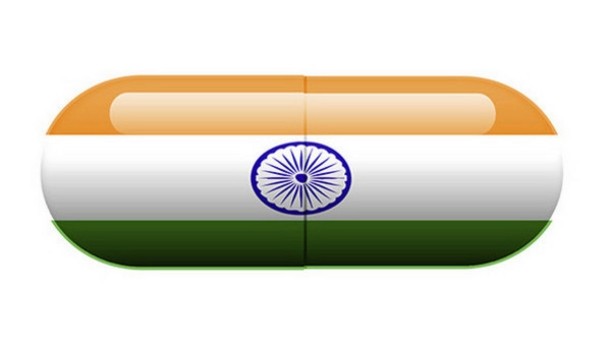FSSAI vows to ‘address any concerns’ regarding new Indian supplements and nutraceuticals regulations

Speaking at the Associated Chambers of Commerce & Industry (ASSOCHAM) of India’s National Symposium on Nutraceuticals, FSSAI CEO Pawan Agarwal said: “I am taking this opportunity to reassure the industry here that if there are concerns with the standards we have released, we are still open to changing those standards, making provisions to address the concerns that you have.”
The aforementioned standards are mainly related to regulations regarding labelling and claims, as well as the affordability of health supplements and nutraceutical products sold in India.
Malnutrition malaise
Also addressing attendees of the ASSOCHAM symposium was JP Meena, secretary of the Ministry of Food Processing Industries (MoFPI), who emphasised the need for affordable nutraceuticals and health supplements.
He brought up India’s supplement sector’s tendency to cater mainly to middle- and upper middle-class consumers, while 43% of children in the country suffer from malnutrition.
This is an especially contentious issue now that India’s new GST regulations have been introduced: under the new rules, nutraceutical products are subject to an 18% tax rate instead of the previous 12%, which the industry had expected would still apply even after revisions to the regulations.
Sandeep Gupta, vice chairman of the Indian Drug Manufacturers’ Association’s national nutraceutical committee, had previously said the higher GST rates on nutraceuticals would not only “mean serious impact on affordability to consumers”, but also “limit the entry of new players or start-ups” into the market.
Ensuring the future
Beyond concerns about slowing market growth, there are also worries that the nutraceutical industry in India will see its stability affected if farmers and growers are not more involved in the food processing sector, a key priority for the MoFPI.
Meena said: “Unless the benefits, to some extent, are passed on to the farmers, I see that the future of (the) industry will not be very stable, and we may not be able to face challenges which will emerge in the future on account of health concerns.”
He added that due to the increasing importance of traceability, those in the industry “may be required to have certification”, and can therefore benefit from cooperation with farmers.
However, he also said the MoFPI has created a new scheme, Kisan Sampada, whereby the government will invest around INR35,000 in the food processing sector.
The new standards for nutraceuticals will take effect from 1 January 2018, and Agarwal is hopeful that the FSSAI and Indian supplement industry “will be able to iron out those differences and concerns, which will be addressed within the next five to six months”.
He added that the drafts for the regulations will “soon be available” on the FSSAI website, and that the FSSAI will be “very happy to get feedback from the industry on those drafts”.











